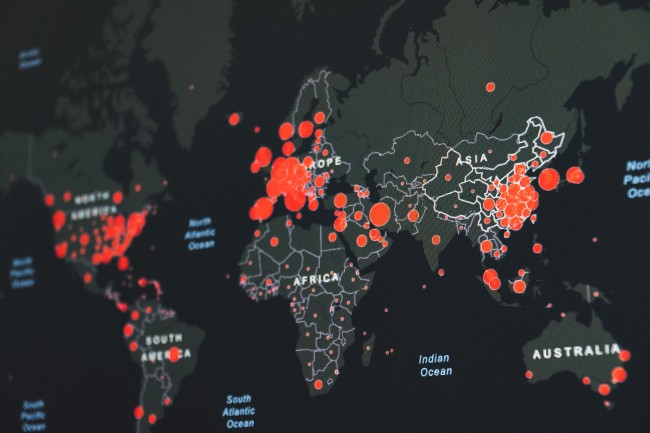UK Science, Research and Technology Capability and Influence in Global Disease Outbreaks

Professor Marcus Munafò, Professor of Biological Psychology at the University of Bristol submitted written evidence as the Chair of the UK Reproducibility Network Steering Group on the capacity and capability of the UK research base in providing a response to the outbreak the flexibility and agility of institutions and processes to respond on the above during a crisis.
The Coronavirus covid-19 outbreak is the latest in a series of disease outbreaks that have spread internationally, presenting major challenges to communities, national governments and international institutions. Scientific knowledge and advice are foundational to the prevention, management and treatment of these global outbreaks, at both an international and national level. Once the covid-19 pandemic has passed its peak, it will be necessary for international and national systems to learn from the crisis. The Science and Technology Committee will inquire formally into the place of UK research, science and technology in the national and global response, and what lessons should be learned for the future.
Background to the inquiry
The Science and Technology Committee's terms of reference were as follows:
1. The contribution of research and development in understanding, modelling and predicting the nature and spread of the virus;
2. The capacity and capability of the UK research base in providing a response to the outbreak, in terms of:
- advice to government, public bodies and others on managing the outbreak;
- the development of testing, diagnostic methods and technologies;
- the development and testing of vaccines; and
- the development and testing of therapeutics;
3. The flexibility and agility of institutions, Government departments and public bodies, and processes to respond appropriately during the crisis including:
- the availability and responsiveness of funding; and
- the optimal functioning of regulatory and ethical processes;
- the availability and influence of scientific advice in all Government departments and public bodies—including by departmental Chief Scientific Advisers; and
- the extent to which decisions taken drew on that advice;
4. The capacity to manufacture and distribute testing, diagnostics, therapeutics and vaccines:
- both standing capacity and capacity able to be mobilised;
5. The capturing during the crisis of data of the quantity and quality needed to inform:
- decisions made during the crisis; and
- to maximise the learnings afterwards;
6. The mechanisms for communication of scientific evidence internationally, within national governments and with the public:
- including the handling of conflicting scientific opinions; and
7. The UK’s readiness for future outbreaks, including a consideration of:
- the National Risk Register;
- the UK Pandemic Influenza Strategy; and
- PHE’s Global Health and Infectious Diseases Strategy.
The Committee invited evidence from the public, organisations and others with relevant expertise, on the terms of reference.
Response to the inquiry
The following reccomendations were submitted by Professor Munafò.
- Establish the infrastructure to routinely curate, summarise and aggregate research findings, ensuring this is agile enough to respond to evidence emerging rapidly during an acute scenario such as a pandemic.
- Ensure that rapid funding calls and other calls for information include a degree of top-down coordination to ensure that key questions are answered and key uncertainties resolved.
- Explore whether rapid funding calls could be integrated with Registered Reports article types (known as Registered Reports funding partnerships 7 ), to ensure rapid publication on completion and prevent publication and reporting bias.
Read the full response here.
Read a summary to the report published after the inquiry here.
